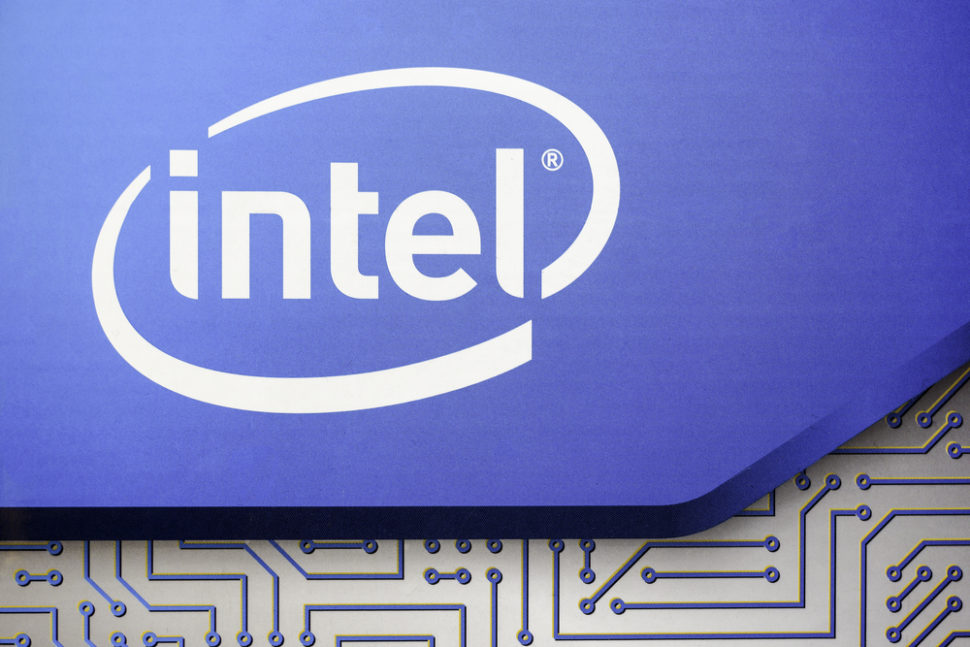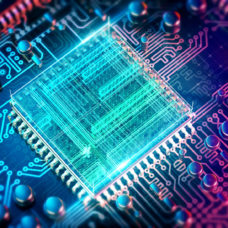Code named Pohoiki Beach, Intel’s next-generation AI chip can process data 1,000 times faster than regular computer processors.
The neuromorphic chip was designed to mimic the human brain’s ability to learn from unstructured stimuli. Aside from its exceptional data processing speed, it’s also 10,000 times more efficient than current CPUs.
The Pohoiki Beach is said to be made up of 64 Loihi chips installed on a Nahuku board. It should be noted that Intel initially introduced its first neuromorphic chip Loihi last 2017.
A Loihi chip has 128 computing cores. Each core is composed of 1,024 artificial neurons. Overall, one Loihi AI chip is powered by 130,000 neurons and 130 million synaptic connections.
Now, put together 64 of that chip together, and you’ll get a neuromorphic chip powered by over 8.3 million neurons and more than 8.3 billion synaptic connections.
Intel unveiled its latest AI chip at DARPA’s Electronics Initiative summit in Michigan. Rich Uhlig, Intel labs managing director, said during the event:
“We are impressed with the early results demonstrated as we scale Loihi to create more powerful neuromorphic systems. Pohoiki Beach will now be available to more than 60 ecosystem partners, who will use this specialized system to solve complex, compute-intensive problems.”
AI Chip for Future Supercomputers
Both Loihi and Pohoiki Beach are products of Intel‘s neuromorphic computing research. The project aims to create an AI chip equipped with the ability to learn from unstructured stimuli and the “energy efficiency” of the human brain.
Aside from Intel, other tech companies like IBM and Qualcomm have also invested in neuromorphic computing research in the hope of developing a new breed of supercomputers.
Neuromorphic chips like Pohoiki Beach could potentially perform neural-like tasks such as path planning, simultaneous localization and mapping, and sparse coding.
These are algorithms whose real-world applications include enhancement of sensing systems, indoor mapping of robots, and autonomous driving, to name a few.
“This is critical to overcoming the so-called ‘brittleness’ of AI solutions based on neural network training and inference, which depend on literal, deterministic views of events that lack context and commonsense understanding. Next-generation AI must be able to address novel situations and abstraction to automate ordinary human activities,” Intel said.



















Comments (0)
Least Recent